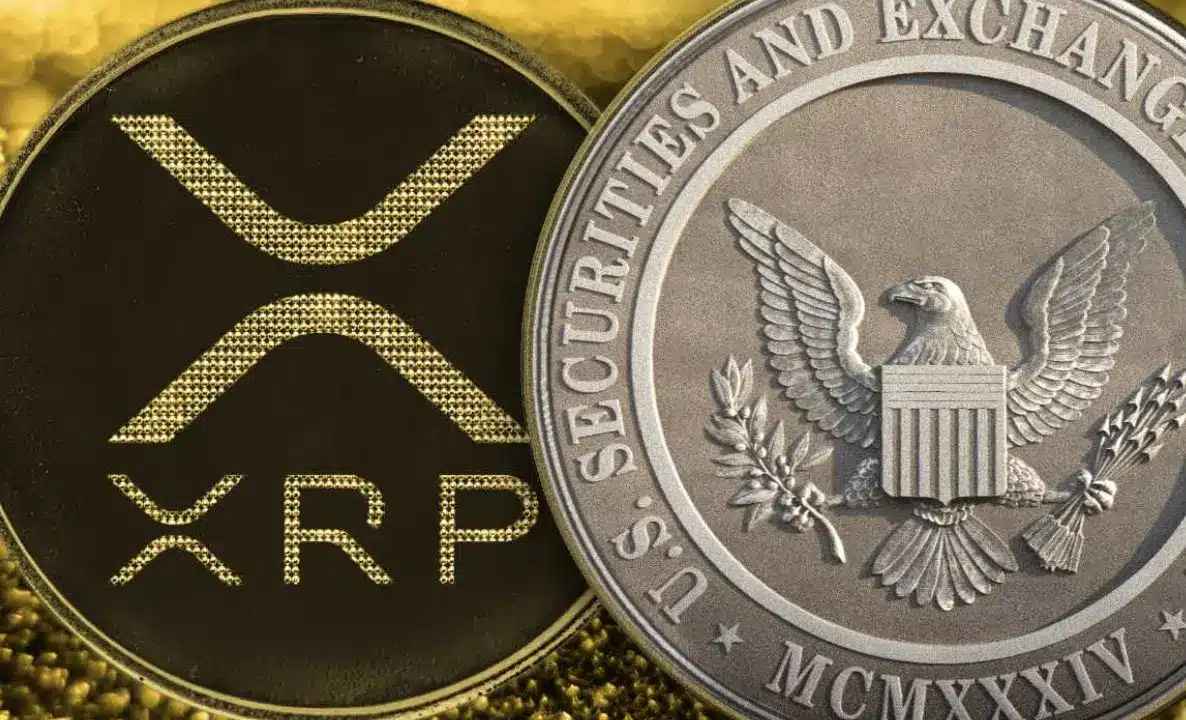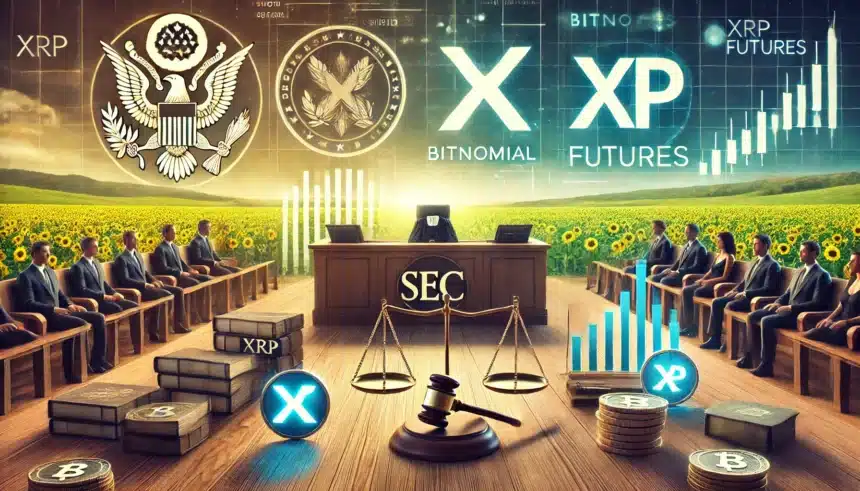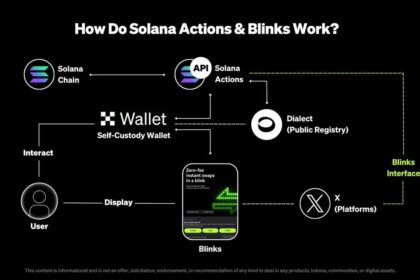A Chicago-based digital asset exchange called Bitnomial filed a lawsuit against the United States Securities and Exchange Commission (SEC) about the agency’s ruling that XRP futures should be considered “security futures.” The discussion over digital assets’ and their derivatives’ regulatory status in the US has become fresh in this lawsuit. Bitnomial started the fight when it self-certified its XRP commodity U.S. Dollar Futures contract.
It wanted the CFTC to be in charge of trading it, so it did this. That’s because the certification allowed the exchange to list the product without having to seek explicit authority under the CFTC, because the product was deemed compliant with commodity laws, a Fox Business report stated. This certification came exactly after the SEC vs. Ripple case’s end, dealing whether the widely used cryptocurrency XRP is a security or not.

SEC Requires Additional Supervision for XRP Futures Contracts
CFTC rules were completely followed by Bitnomial but the SEC compared that XRP futures must be treated like a “security futures” within their portfolio. The SEC said this classification would require additional supervision by both the SEC and CFTC. Bitnomial would be in violation of federal securities law should the agency proceed to list the product unless first registered as a national securities exchange, according to the agency.
Leadership from Bitnomial responded immediately to the SEC’s demands, filing a lawsuit contesting the regulator’s labelling of XRP as a security. XRP futures therefore are not ‘security futures‘, the exchange’s law team said, and thus shouldn’t be regulated by the SEC.
In court documents Bitnomial said it has no problem with SEC’s taking of an Interrogatory that XRP is an investment contract or that XRP Futures were not Security Future. It also mirrors an argument made by cryptocurrency’s wider industry that far too many digital assets should be viewed as commodities, not securities.
In a public statement, Bitnomial CEO Luke Hoersten stressed that this case was ‘very important.’ “We have a clean compliance record on our exchange and this is something that we are confident in.” But I have always believed this is not only a case about Bitnomial, but also about regulation of crypto derivatives in the future, he added. Hoersten said the result of this legal fight might set a standard for how crypto futures should be handled and how to clean regulatory laws for the whole sector.
Ripple Lawsuit Emerges as SEC’s Most Publicized Case
Partly because Bitnomial’s legal battle with the SEC has paralleled a litany of other headline-grabbing legal brawls between crypto firms and the SEC, the lawsuit has also attracted attention to Bitnomial’s solvency far beyond its actual operations. Crypto.com, for example, sought to have itself included when the SEC filed its own lawsuit against it on receipt of a Wells notice, a formal notice of potential enforcement actions. Like Bitnomial, Crypto.com has accused the SEC of trying to impose this classification on many cryptocurrencies.

Recently, the crypto industry has ignored the SEC’s strict rules. The regulator has been conducting its deepest look at major digital asset players like Consensys, Uniswap Labs and OpenSea since 2023. Binance, Coinbase and Ripple Labs are also embroiled in legal battles with the SEC in the fast-changing crypto market, which has drawn dispute after dispute.
Over the past three years, the Ripple lawsuit has been going on like no other is the SEC’s most publicized battle. As an aside, the July 2023 ruling regarding Ripple retail XRP sales technically does not define them as security transactions per se, but Judge Analisa Torres ruled they were not. Ripple still had to pay $125 million to satisfy such claims after settling claims over its institutional sales of XRP and, subsequently, the SEC appealed the ruling. Both Ripple and the SEC have appealed and sought greater clarity on that.
Conclusion
The ongoing legal battle of Bitnomial against the SEC makes an important point: increasing the rift between the regulator and the crypto industry. It could set a precedent that would force U.S. regulators to balance the needs of the vast numbers of investors who hold digital asset derivatives like XRP futures, with the stringency of capital market regulation itself.
Stay updated with TheBit Journal by following us on Twitter and LinkedIn and joining our Telegram channel.





























